Sixty years ago, this would have been a scrubland dotted by tin mines, rubber plantations and small market gardens. The area is home to a patchwork of predominantly Chinese-Malaysian communities with a large Hakka contingent – hardened wayfarers from Southern China – people accustomed to living on marginal land.
In the early 1950's, most of the inhabitants were corralled into euphemistically-named "New Villages" – like Sekinchan and Jinjang – as the British colonial authorities sought to quell a nagging communist insurgency.
What was formerly a “No Man’s Land” has long since been transformed into choice real estate. There's the iconic Commonwealth sports complex, a Turf Club, that bizarre Mahathir-era hostelry the Palace of the Golden Horses and countless small factories, townships, shopping centres and housing estates.
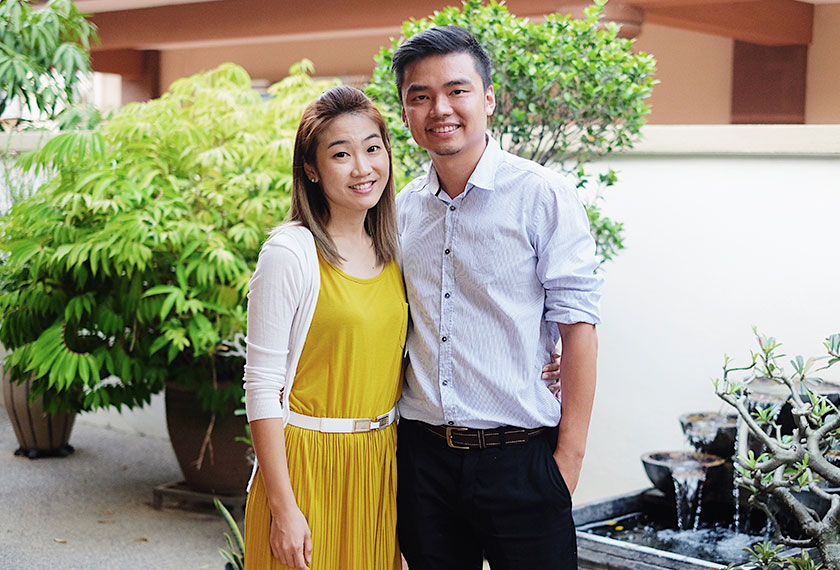
As the Chinese New Year (CNY) approaches, I’ve come to spend some time with a young Chinese-Malaysian family to get a sense of how they view the upcoming Year of the Rooster.
Recent findings have been pretty gloomy. The Asian Strategy and Leadership Institute (ASLI) think-tank has warned that the community's numbers were continuing to plummet.
Back in 1957, Chinese-Malaysians constituted some 37.2% of the population. According to ASLI, the numbers could fall to just 19.6% by 2030 if migration trends remain unchanged. Furthermore, a 2011 World Bank study also claimed that some 57% of Chinese-Malaysian emigres ended up in Singapore.
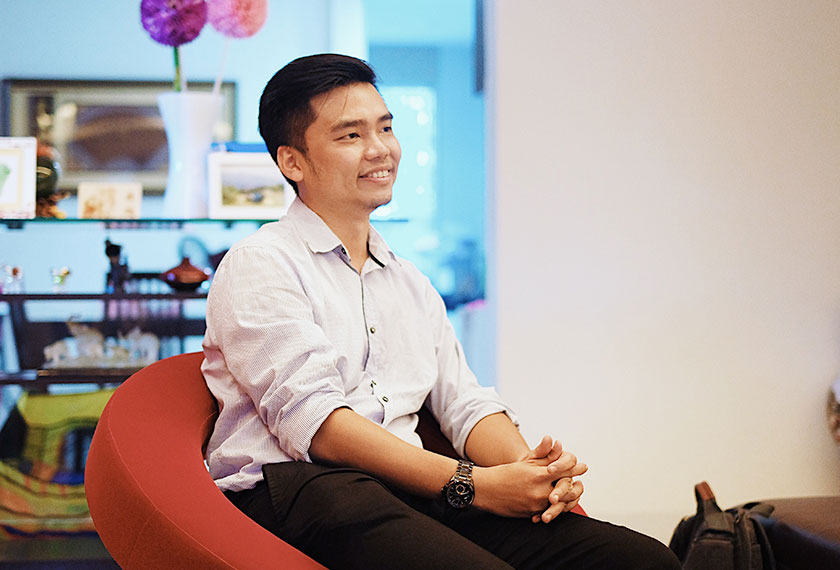
Charlyn Lee and Steven Chan – both in their thirties, live with their two young daughters in a semi-detached house on a quiet cul-de-sac removed from the everyday clatter. Snug behind a security check-point, they're right next-door to Steven's parents with a convenient connection on the first floor.
Melaka-born Charlyn is very much looking forward to the annual festivities. Coming from a large family, she enjoys the reunion as well as the opportunity for her children to experience their culture – from the lion dance, to the receiving of angpao's.
Steven, meanwhile runs a successful steel fabrication business that exports well over 50% of its production.
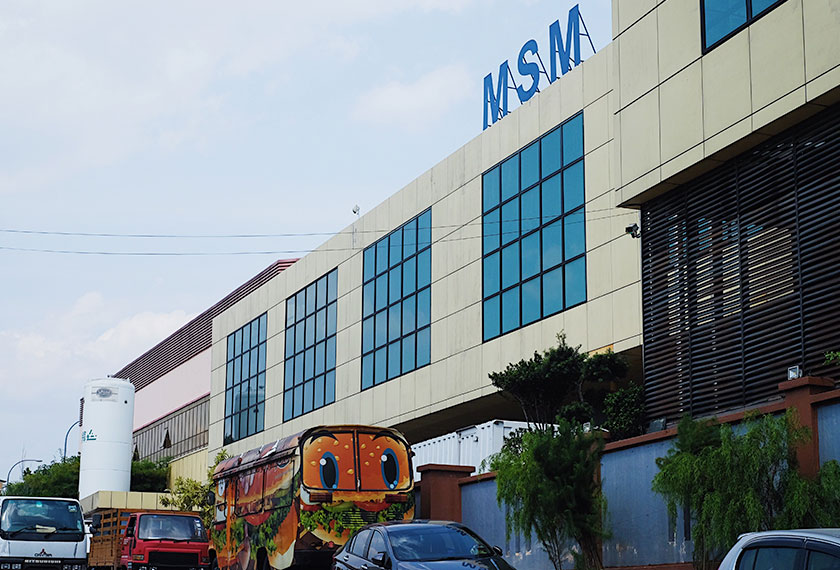
He is all too-aware of his good fortune, especially as he admits that the current economic challenges – a declining Ringgit and softening domestic demand – haven't really impacted his factory: "Malaysia's still the best place in the region to manufacture. Costs are reasonable and it's efficient. In other countries, there are just too many 'politicians'." For Steven, the word “politicians” is a shorthand for unnecessary bureaucratic meddling.
As with most businessmen, he doesn't appreciate political uncertainty, stressing: "They should get the election over and done with, then we can all get back to work."
Steven is very proud of his Hakka roots: "My father has always taught me the importance of our independent spirit and resilience." Charlyn's mother, coincidentally, is also Hakka.
He has leveraged off clan networks in Balakong to deepen his ties with the neighbourhood, especially in terms of hiring -imbuing the business with a strong family and community ethos.
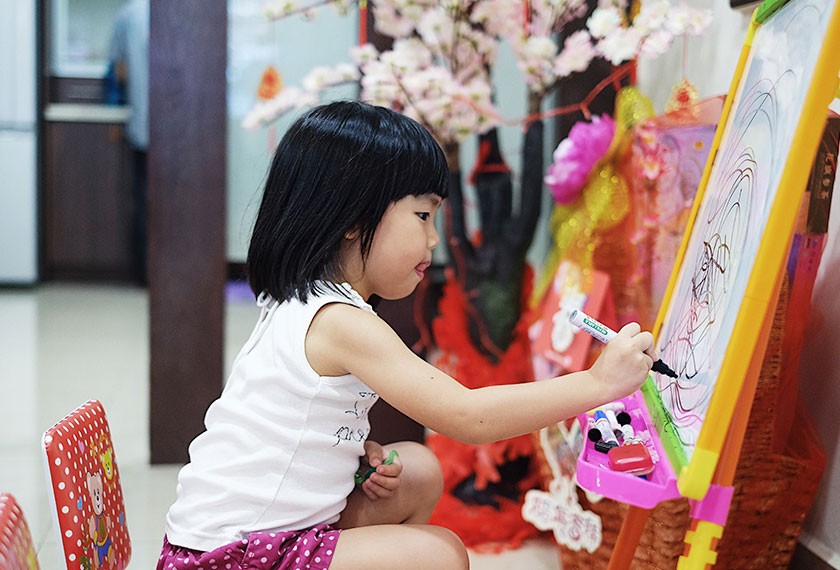
However, the couple's upbeat demeanour changes immediately we start talking about crime. It's clear that for both of them, law and order is a fundamental problem – something that could push them elsewhere. With two young children, they're reluctant to take chances.
As Steven tells me: "We contribute MYR150-200 per month for the local security to ensure that our girls are safe”.
“I personally send Zo Yee to the kindergarten and pick her up every day. Nurseries and kindergartens in the area have also introduced strict procedures and kids aren't allowed to play outside on the streets”, Charlyn adds.
Despite all the hallmarks of a conventional Chinese-Malaysian family existence, Mandarin-educated Charlyn, who studied for two years at the prestigious Nanjing University isn't totally enamoured by the system she was brought up with.
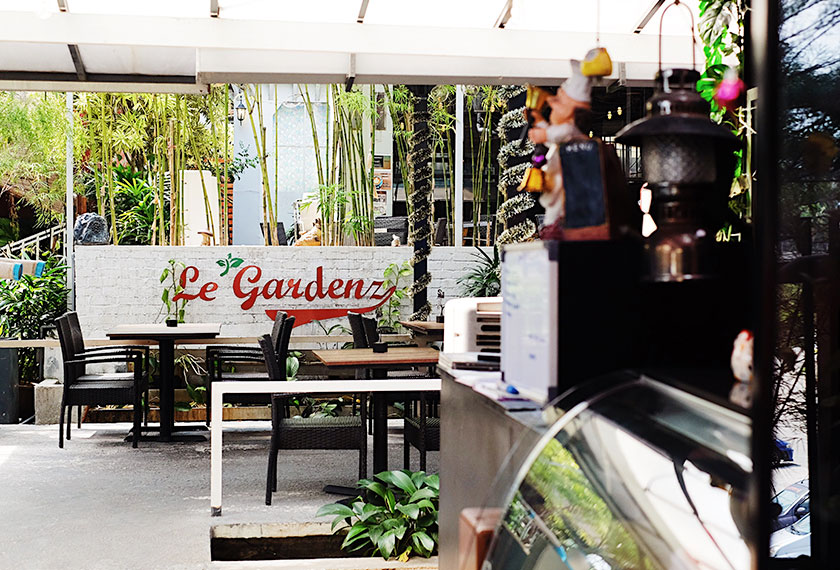
"There's just too much rote-learning. I want our children to learn through play and to spend time outdoors. You can't just study and have no life at all."
She eventually switched to law and transferred to Leeds University, where she was happier.
However, the experience was to prove frustrating when she was unable to practice as a lawyer because the authorities refused to accept her qualifications: "I appealed three times. I feel it was very unfair for them to reject the UEC – my private Chinese High School diploma."
Still, Charlyn doesn't view China through rose-tinted glasses: "I found that the students at Nanjing were too obsessed about their studies. Having worked so hard to get in to what was one of China's top universities, they did nothing else. And the “one child policy” meant that they could be very aggressive and spoilt. We're not like them."
While the couple are concerned about possible moves to make Shariah Law applicable to non-Muslims, they are relatively optimistic about the country's often-testy race relations: “Race issues are just politics. I believe that Malaysians of all races can co-exist harmoniously”.
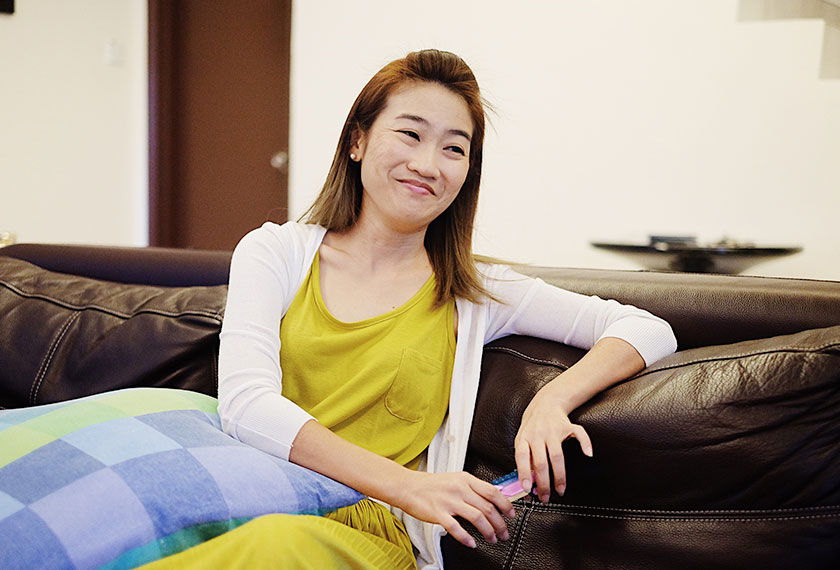
In an era of globalization, Steven and Charlyn reveal the underlying hybridity of the Southeast Asian Chinese experience – adapting to different social, cultural and educational realities. So while they identify strongly with their Hakka Chinese roots, they're unafraid of innovation.
If learning through “play” in the English language is more stimulating for their children's long-term development, then that's what they'll do.
Meanwhile Charlyn stresses with all the resoluteness of her Hakka ancestry: "We have never seriously thought about migrating. Our family is here."






















